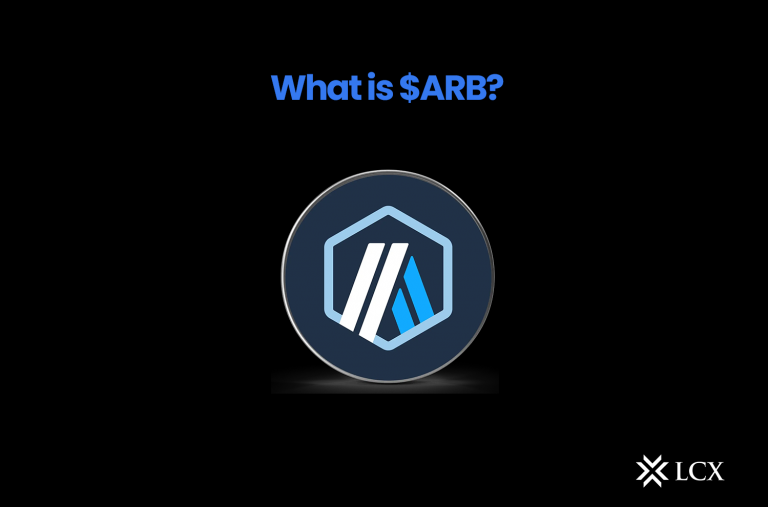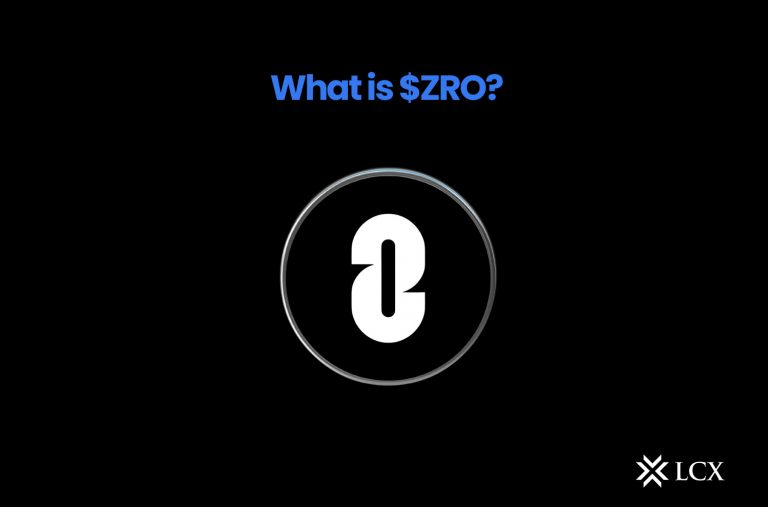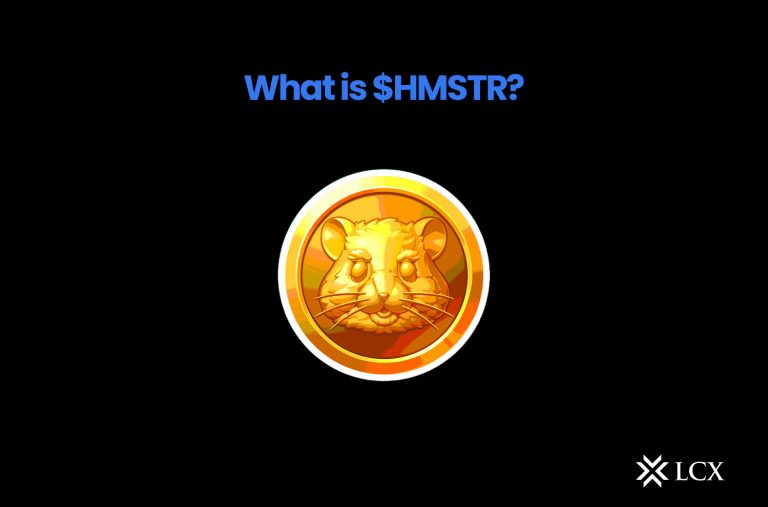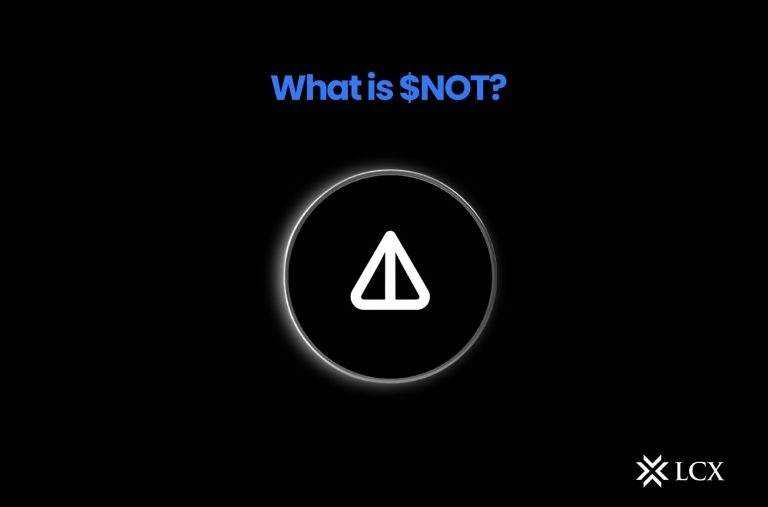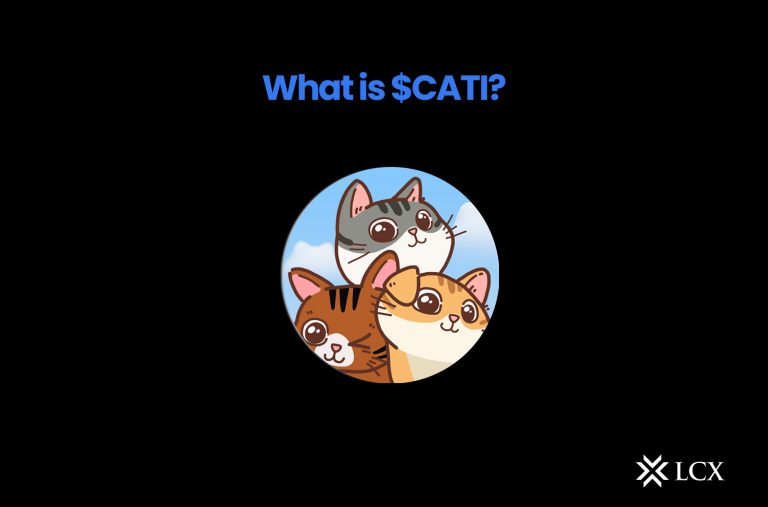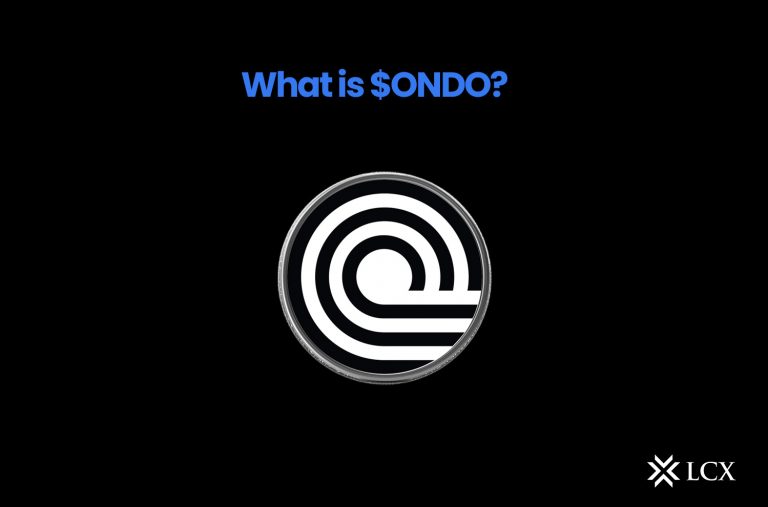Ethereum is a blockchain-based software platform that is mainly utilized to send and receive value around the world without the interference of a third party. This platform also supports Ether, the second-largest cryptocurrency globally by market capitalization.
The primary use case of Ethereum is the facilitation of value exchange mainly using its native token Ether. It’s popularity can be accredited to it’s long-term potential and the progressive vision of its developers to employ Ethereum to bestow the users with more control over their finances and digital data.
Who Created Ethereum (ETH)?
Ethereum was introduced in 2013 by programmer Vitalik Buterin. The development of the project was crowdfunded in 2014, and the network went live on 30 July 2015, with 72 million coins pre-mined.
The vision is highly ambitious which has also caused the blockchain platform to be referred to as “world computer”. However, it has received its share of criticism and lack of confidence in its ability to provide what it aims. Nonetheless, if Ethereum delivers what it promises, it would induce the generation of apps that would greatly differ from Facebook or Google. Users will knowingly or unknowingly trust these apps with their data.
Ethereum blockchain records all the smart contracts ever created on the platform. The blockchain structure of Ethereum is very similar to that of Bitcoin in the sense that both are shared records of the complete history of smart contracts and transactions made on the platform.
How Does Ethereum (ETH) Work?
Ethereum’s decentralization is a result of its blockchain’s copy being stored in the computers of hundreds of volunteers from around the globe. These computers are referred to as ‘nodes’ by the Ethereum community. Each time an Ethereum smart contract is employed, the transaction is processed by the network of these thousands of computers or nodes ensuring that the user follows all the rules.
Each one of these nodes is interconnected and are required to adhere to the same set of rules for accepting transactions and running smart contracts.
It’s different from Bitcoin in the sense that Ethereum nodes not just store transaction details but also keeps track of the current status of all applications. The information includes each user’s balance, entire smart contract codes, the location of their record and any alterations made to them.
Each node maintains a record of:
- Accounts: Each user can have an account, which exhibits the number of Ether owned by the user.
- Smart contract code: Ethereum maintains a record of smart contracts, which mentions the rules that are required to be followed in order to unlock money and initiate its transfer.
- Smart contract state: The current status of the smart contracts.
Ether is required to be able to leverage smart contracts and Ethereum apps. In fact, Ether is required to do anything and everything on Ethereum. When Ethereum’s native token is utilized for the purpose of executing smart contracts on the network, it is referred to as “gas”. Smart contracts, for instance, can be used to post social media posts on social media platforms, or to initiate borrowing of coins by an account on an Ethereum-based lending platform.
Just like bank accounts, Ethereum too uses accounts to store ether. These accounts can be divided into two categories:
- Externally owned accounts (EOAs): The account used to hold and send ether.
- Contract accounts: These are separate accounts that store smart contracts. These smart contracts can be triggered by ether transactions made using EOAs or are a result of other events.
Calling a smart contract costs a certain amount of ether which goes up depending on the amount of computation required by the transaction. Additionally, the fees increase when Ethereum is congested.
Benefits of Ethereum (ETH)?
- Transactions made on Ethereum are immutable which makes it impossible for anyone to change them or hack the blockchain network.
- The consensus mechanism used to validate a transaction eliminates the need of external intermediaries. The smart contracts are also self-executed.
- Quicker and cheaper transaction verification with the automation of the Blockchain.
- Ethereum has thrice the number of nodes as compared to Bitcoin that verify its transactions which are cryptographically secured.
- Ethereum is a reliable platform that has been functioning for more than 3 years. All applications developed on the blockchain run precisely as programmed without any possibility of downtime, censorship, fraud or third-party interference
Ethereum (ETH) is also available at LCX Exchange.
Register or Login at LCX to start trading $ETH.


